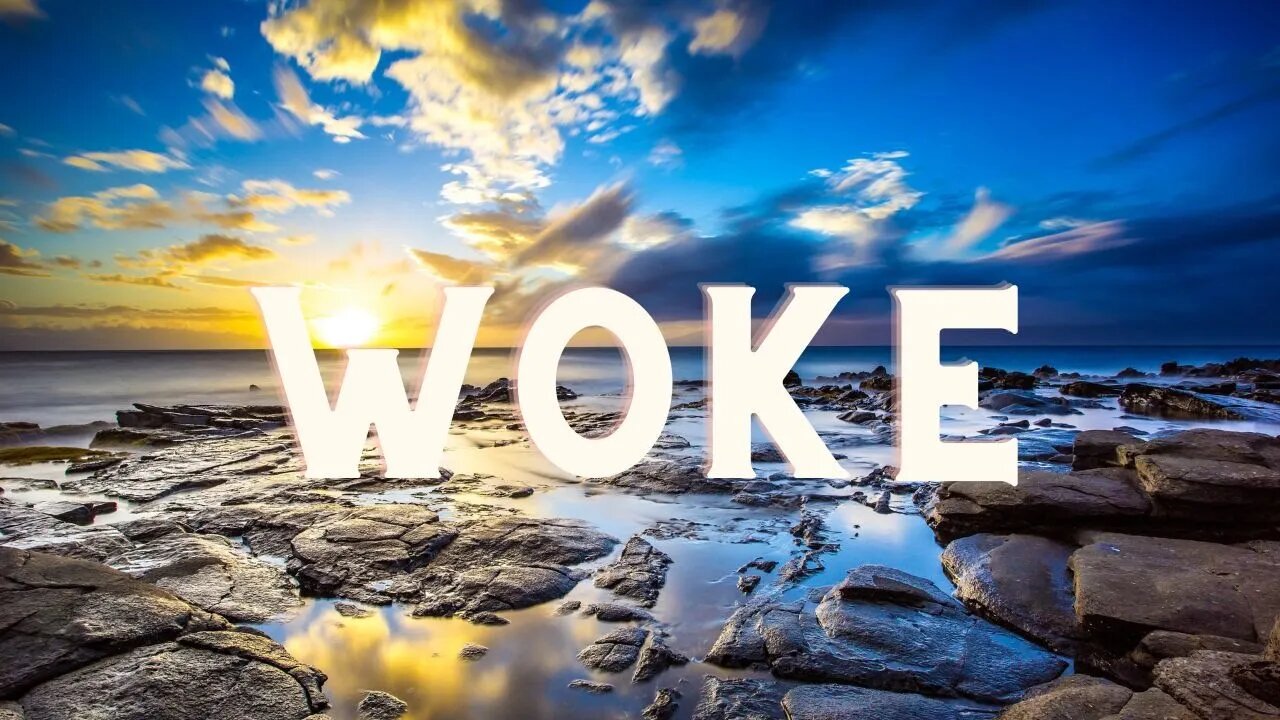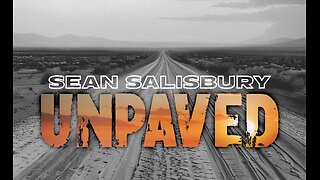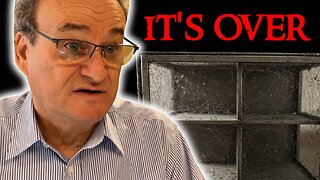Premium Only Content

This Video is for My Mother: What is Woke?
What is Woke/Wokeness
In brief, “woke” means having awakened to having a particular type of “critical consciousness,” as these are understood within Critical Social Justice. To first approximation, being woke means viewing society through various critical lenses, as defined by various critical theories bent in service of an ideology most people currently call “Social Justice.” That is, being woke means having taken on the worldview of Critical Social Justice, which sees the world only in terms of unjust power dynamics and the need to dismantle problematic systems. That is, it means having adopted Theory and the worldview it conceptualizes.
Under “wokeness,” this awakened consciousness is set particularly with regard to issues of identity, like race, sex, gender, sexuality, and others. The terminology derives from the idea of having been awakened (or, “woke up”) to an awareness of the allegedly systemic nature of racism, sexism, and other oppressive power dynamics and the true nature of privilege, domination, and marginalization in society and understanding the role in dominant discourses in producing and maintaining these structural forces. Furthermore, being woke carries the imperative to become a social activist with regard to these issues and problems, again, on the terms set by Critical Social Justice. This—especially for white people—is to include a lifelong commitment to an ongoing process of self-reflection, self-criticism, and (progressive) social activism in the name of Theory and Social Justice (see also, antiracism).
Historically, the term “woke” has been used somewhat extensively in slang throughout the twentieth century to refer to a state of awareness of the discrimination, disenfranchisement, and mistreatment of blacks, especially in America, and it is in that sense always had some connection to the critical mode of thought in the New Left. (See also, black liberation, liberation theology, false consciousness, and consciousness raising.) The term is alleged to have gained its first contemporary connotation in 2008 with the Erykah Badu song “Master Teacher,” in which Badu envisions and dreams of a world of racial equality and then advises genuine activism with the admonishment that listeners should “stay woke.” The term developed from there, particularly via black activism on Twitter.
The term then gained particular significance and tied itself to the contemporary Social Justice movement in the mid 2010s as it became an activist watchword of the Black Lives Matter movement. There, say following the police shooting of Michael Brown in Ferguson, Missouri, the phrase “stay woke” took on the very specific meaning of being aware of the reality (according to critical race Theory) of systemic racism in American society that activists blamed for being at the root of the incident. This has, in turn, led to the term being nearly synonymous with having a critical consciousness as provided through critical race Theory, although it has been appropriated through intersectional thought to apply to other issues of identity relevant to postcolonial Theory, queer Theory, feminism, and so on. It has since expanded and memefied further and is now seen from the outside as being wholly synonymous with having been converted to a Social Justice critical consciousness. As such, “wokeness” often refers to both critical Social Justice doctrine and the state of having accepted it.
In that “wokeness” has become a term directly associated with the critical consciousness provided by applied postmodern Theories, especially critical race Theory (see also, postmodern, Marxian, Neo-Marxism, Post-Marxism, and Cultural Marxism). As such, it is centrally concerned with being aware of the intersecting systems of racism, sexism, and other forms of alleged societal oppression and analyzing these in terms of privilege. This is most often done, under woke consciousness, by engaging in discourse analysis, especially using close reading, which enables racism (or other systemic bigotries) that are assumed to be present in all situations to then be read into them. This is then treated as proof of the systemic problem that was assumed to exist in the first place (see also, mask). Being “woke” would entail being able to “see” the intersecting web of dominance and oppression that arises from the function of privilege in society and taking up efforts to challenge, disrupt, subvert, deconstruct, or overthrow the existing system in the attempt to bring those unjust intersecting power dynamics to an end (see also, Matrix of Domination).
-
 1:25:05
1:25:05
Russell Brand
3 hours agoTrade War Inferno: Trump Torches China with 124%—Xi Hits Back Hard – SF563
122K32 -
 47:29
47:29
Sean Unpaved
3 hours agoMike Malone's Shocking Departure From Denver! & Masters Tournament Favorites
32.1K -
 LIVE
LIVE
Dr Disrespect
3 hours ago🔴LIVE - DR DISRESPECT - WARZONE VERDANSK - THE NUKE
3,877 watching -
 LIVE
LIVE
Keepslidin
31 minutes ago5K START | ROAD TO 100K | Mother.land
52 watching -
 1:03:12
1:03:12
Timcast
3 hours agoChina RETALIATES With 84% Tariff, Trump REFUSES To Surrender, Gen Z IN CRISIS
163K130 -
 LIVE
LIVE
Crypto Power Hour
5 hours agoFinancial Concepts in Crypto – How Value Moves
61 watching -

Silver Dragons
1 hour agoSTACKING MANIA - Dealer Responds to the Silver & Gold MADNESS
85 -
 37:14
37:14
CatfishedOnline
3 hours agoIs This Woman Helping A Romance Scammer Steal Money From Victims?
3.62K -
 9:18
9:18
Tundra Tactical
17 hours agoAmerica's HIDDEN Gem in Florida
4612 -
 59:03
59:03
The Hannah Faulkner Show
16 hours ago $0.09 earnedHannah Faulkner and Braeden Sorbo | PORN IS DESTROYING SOCIETY
213